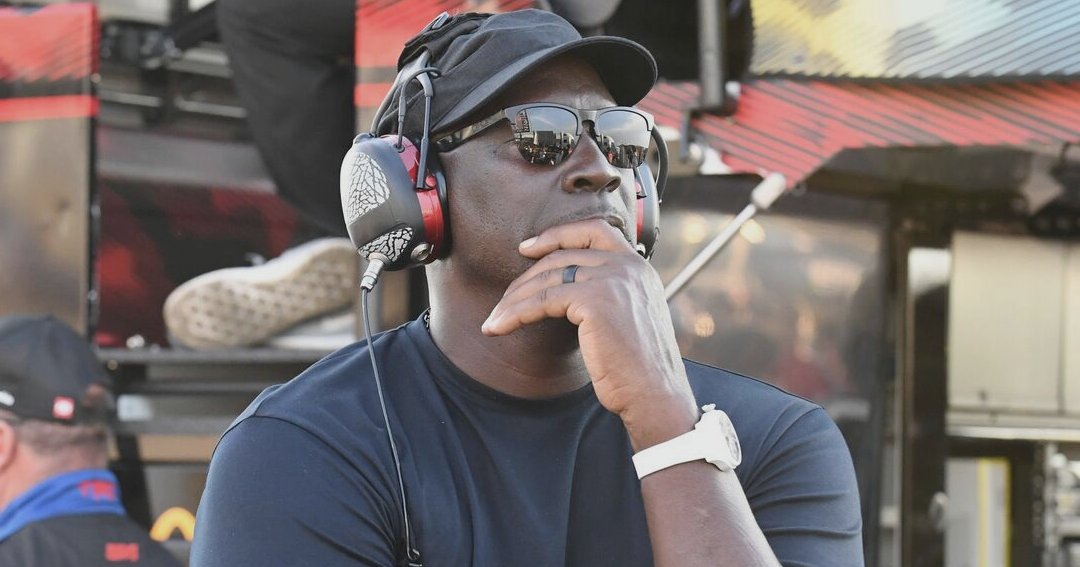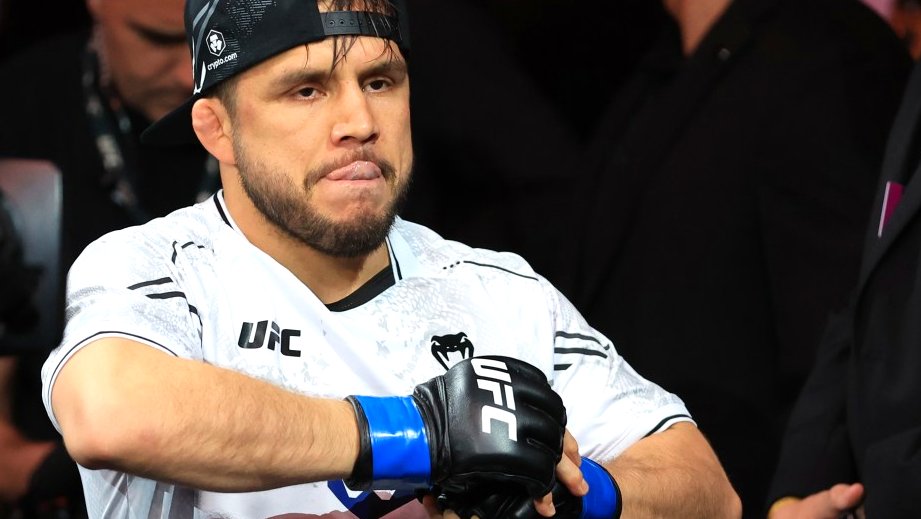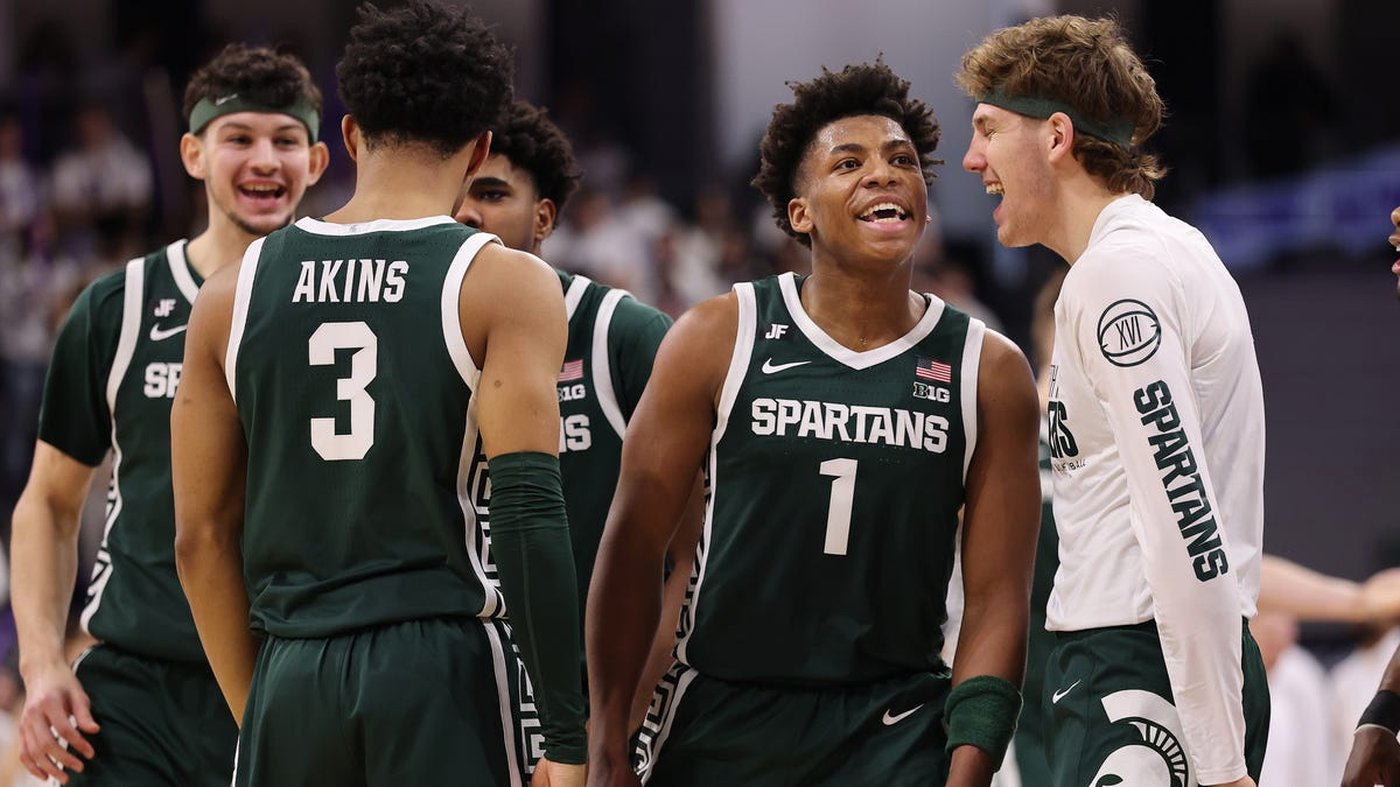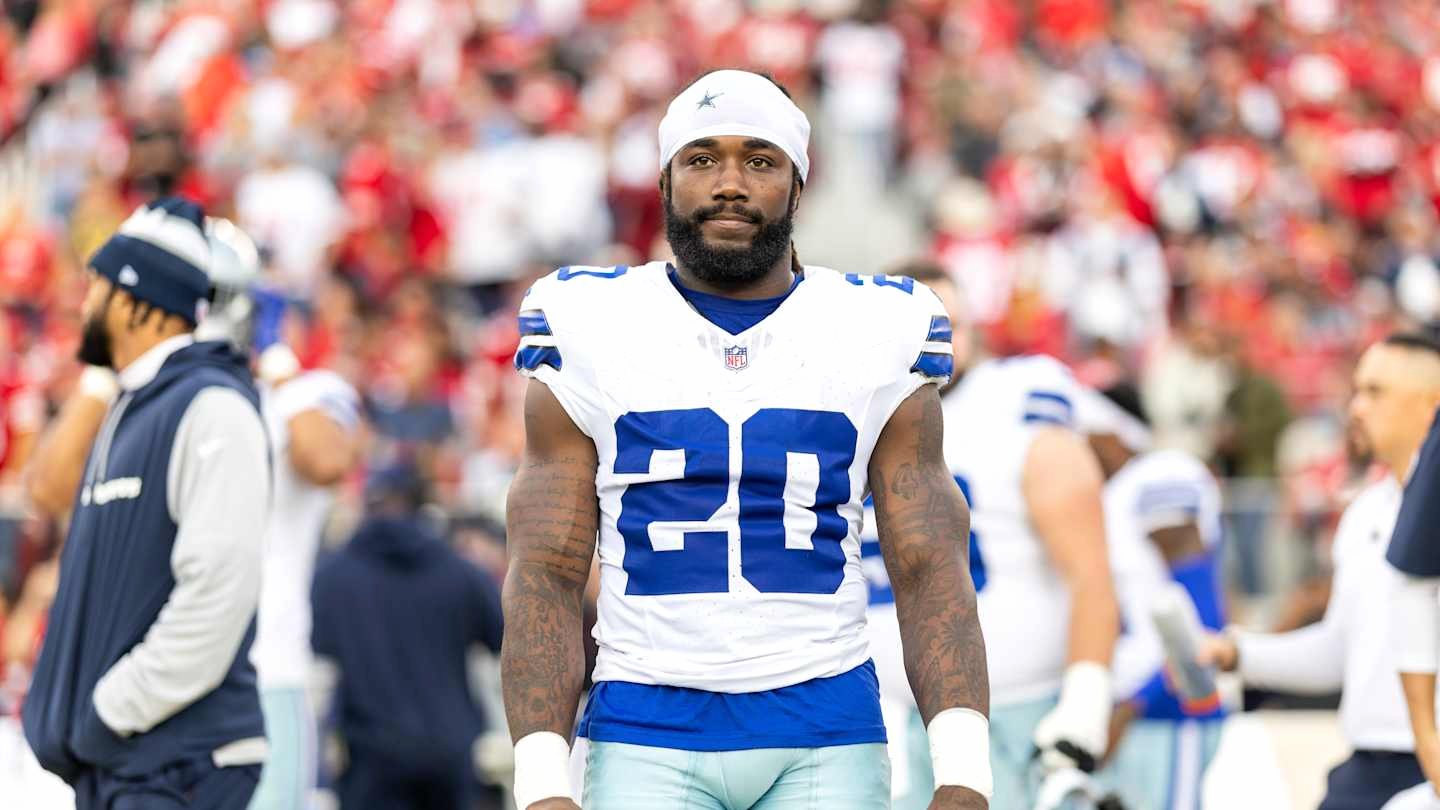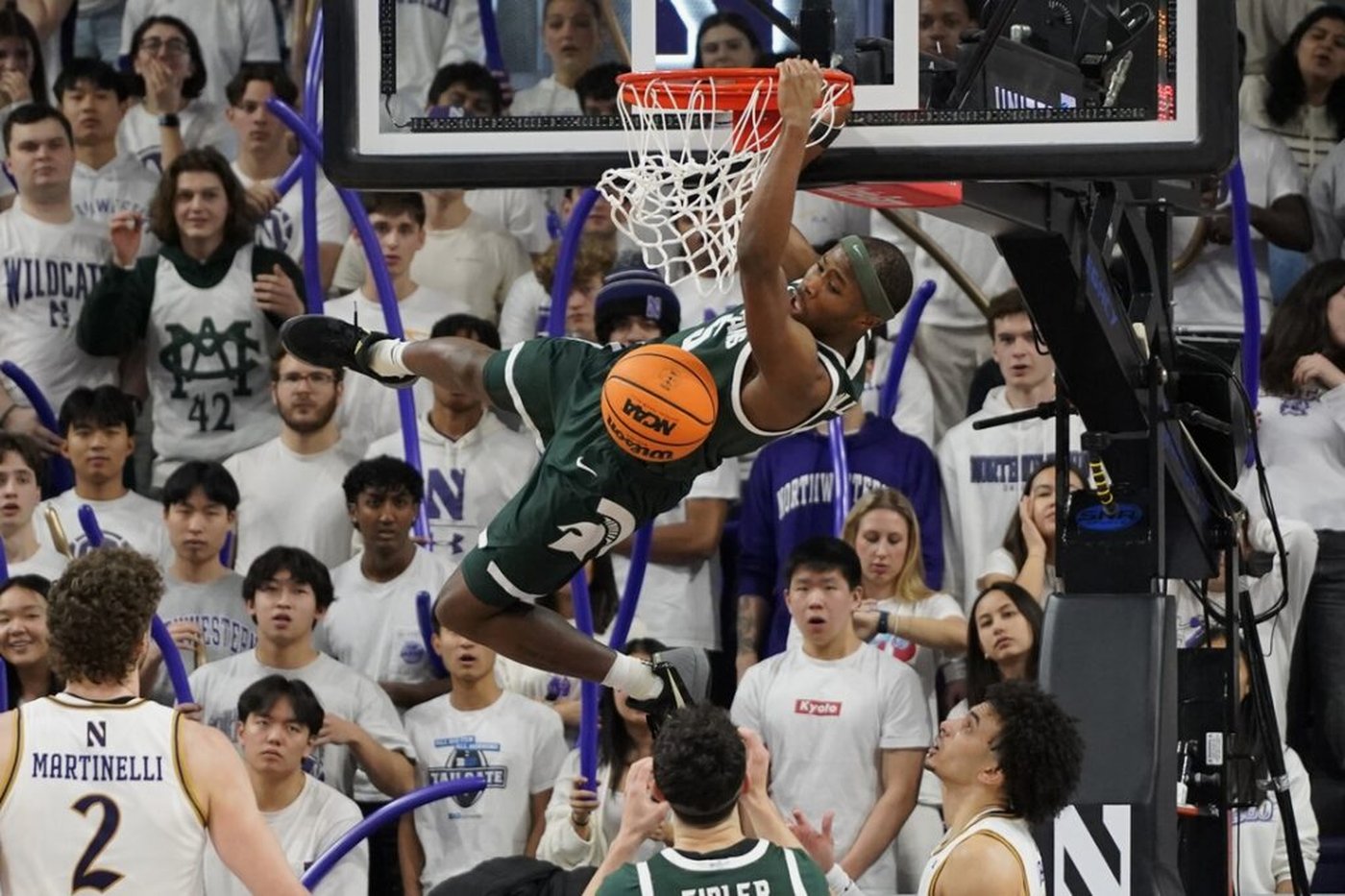NASCAR is gearing up for a transformative 2025 season with a $7.7 billion media rights deal, international expansion, and high-profile legal battles. From Amazon redefining its broadcast strategy to Michael Jordan’s critical role in the sport, this year is poised to be a pivotal moment in NASCAR history.
NASCAR enters new media era with Amazon partnership.
Starting in 2025, NASCAR will embark on a new broadcasting journey with a $7.7 billion media rights agreement involving FOX Sports, NBC Sports, TNT Sports, and, for the first time, Amazon Prime Video. Amazon’s involvement includes streaming five exclusive Cup Series races, all practice and qualifying sessions until June, and potentially simulcasting on Twitch for free. This marks a bold step into the digital era as NASCAR seeks to reverse declining viewership.
The decision to include Amazon is seen as a game-changer. NASCAR’s audience has steadily diminished, with average viewership plummeting from 5.1 million in 2015 to under 3 million in the last two years. Amazon’s history of delivering cutting-edge sports coverage—seen in its successful NFL “Thursday Night Football” broadcasts—is raising fan expectations. NASCAR fans have already praised the initial glimpses of Amazon’s user interface on the Prime app, which offers features like driver profiles, detailed race schedules, and high-quality streaming options, including potential 4K support.
Fans are hopeful this shift will refresh NASCAR’s image and attract younger audiences. One fan summed up the sentiment on Reddit: “This gives me hope.” However, some remain critical of NASCAR’s delayed entry into streaming, arguing it missed years of potential growth by clinging to traditional cable deals.
Legal battles: Michael Jordan and Denny Hamlin’s antitrust lawsuit.
While the media deal is promising, a legal storm looms over NASCAR. Michael Jordan’s 23XI Racing team, co-owned with driver Denny Hamlin, filed an antitrust lawsuit after refusing to sign the new charter agreement. A federal judge recently ruled in favor of 23XI Racing and Front Row Motorsports, allowing them to retain their charters for the 2025 season. However, NASCAR has appealed the decision, leaving the final outcome uncertain.
Michael Jordan’s involvement in NASCAR has been transformative, bringing unprecedented attention to the sport. His presence has drawn in a broader audience and boosted the sport’s cultural relevance. Losing Jordan due to unresolved legal disputes could deal a significant blow to NASCAR’s aspirations. Resolving this issue amicably will be critical as the sport enters its most ambitious era yet. “Having Michael Jordan trackside is publicity money can’t buy,” said NASCAR President Steve Phelps. “We know how vital his participation is for our future.”
Kyle Busch’s revival and playoff format criticism.
On the track, the 2025 season promises high-octane drama, with drivers like Kyle Busch poised for a resurgence. Busch, a two-time Cup Series champion, struggled in 2024 but showed flashes of brilliance late in the season. His return to form could electrify the competition and bring much-needed star power to a sport navigating the retirements of legends like Jeff Gordon and Jimmie Johnson.
Meanwhile, NASCAR’s playoff format continues to stir debate. Joey Logano’s controversial 2024 championship win—despite an inconsistent season—has reignited calls for reform. Critics argue the format fails to reward season-long excellence, leading to outcomes that alienate purist fans. However, NASCAR is unlikely to overhaul the format, as the playoff system generates high-stakes drama that appeals to TV audiences and sponsors. The challenge will be balancing excitement with fairness to maintain credibility among drivers and fans alike.
Global ambitions: Mexico City and beyond.
NASCAR’s 2025 season isn’t just about domestic success; it’s also a stepping stone for global expansion. For the first time in 66 years, NASCAR will host a race in Mexico City at the Autódromo Hermanos Rodríguez on June 15. This event marks the beginning of an international strategy aimed at challenging Formula 1’s global dominance.
“This is a monumental moment for our sport,” said Ben Kennedy, NASCAR’s senior vice president of racing development. “Mexico City is our first step in taking the Cup Series beyond America’s borders.” Future plans include races in Europe, Asia, and the Middle East, with advanced discussions reportedly underway for an event at Saudi Arabia’s futuristic Riyadh Speed Park. These international ventures aim to expand NASCAR’s fan base while attracting lucrative sponsorships and investment.
The NASCAR Euro Series will also receive a significant overhaul in 2025, introducing new Gen 3 cars and a revamped racing format to better integrate European talent into the U.S.-based Cup Series. Jerome Galpin, President of NASCAR Europe, emphasized the importance of cultivating a global pipeline: “We are committed to making NASCAR a global motorsport while nurturing the next generation of talent for road courses and beyond.”
Digital innovation: Netflix and Twitch collaborations.
NASCAR is doubling down on digital platforms to capture younger audiences, taking cues from Formula 1’s wildly successful Netflix series, *Drive to Survive*. The second season of NASCAR’s own Netflix docuseries, *NASCAR: Full Speed*, is set to premiere in 2025. The first season contributed to a modest 2% increase in viewership in 2024, and executives hope the upcoming season will further ignite fan engagement.
Additionally, NASCAR’s partnership with Amazon Prime Video opens the door to potential collaborations with Twitch streamers for co-broadcasts. This strategy mirrors successful models used in NFL and esports, targeting tech-savvy fans who demand interactive and on-demand viewing experiences. “Motorsports in 4K and 120 FPS is a game-changer,” one fan remarked online, reflecting the excitement for Amazon’s advanced streaming capabilities.
Challenges ahead: Can NASCAR reclaim its former glory?
While the 2025 season is brimming with potential, significant challenges remain. NASCAR is walking a fine line between preserving its uniquely American identity and expanding its global footprint. Critics argue that aligning too closely with Formula 1’s playbook could dilute what makes NASCAR special: its high-octane, homegrown appeal.
Moreover, the sport must address its technical challenges, such as improving the Next Gen car’s performance on short tracks like Martinsville and Richmond. Fans and drivers alike have called for changes to tire compounds and car setups to enhance overtaking and race quality. NASCAR has acknowledged these concerns but has yet to announce concrete solutions.
Lastly , NASCAR faces the uphill battle of regaining its dwindling domestic audience. Viewership has fallen significantly over the past decade, and while moves like the Amazon streaming deal and Netflix docuseries are steps in the right direction, they alone cannot guarantee success. Sustained efforts to modernize the sport, attract younger fans, and resolve existing controversies will be crucial in determining whether NASCAR can reclaim its position as a motorsports powerhouse.
The road ahead: A pivotal year for NASCAR.
As the engines roar to life for the 2025 season, NASCAR stands at a crossroads. Its ambitious moves in broadcasting, digital innovation, and global expansion signal a willingness to adapt and evolve in a rapidly changing sports landscape. However, the sport must also address internal challenges, from legal disputes to technical issues, while maintaining its core identity.
With high stakes both on and off the track, 2025 has the potential to be a defining year in NASCAR’s storied history. Whether it succeeds in its mission to revitalize its brand and capture a global audience remains to be seen, but one thing is certain: all eyes will be on the Cup Series as it takes bold steps into uncharted territory.
Related posts:
- Michael Jordan Lawsuit, Amazon Prime Deal, and Global Expansion: NASCAR’s Bold Moves for 2025
- Netflix Sets the Stage for WWE’s Streaming Debut: A $5 Billion Gamble on Live Entertainment
- NASCAR in Turmoil: Teams Bow to Charter Conflict as Financial Struggles Persist
- NASCAR’s Charter Wars: Jeremy Mayfield Slams Top Teams for Capitulating Amid Industry Shakeup

